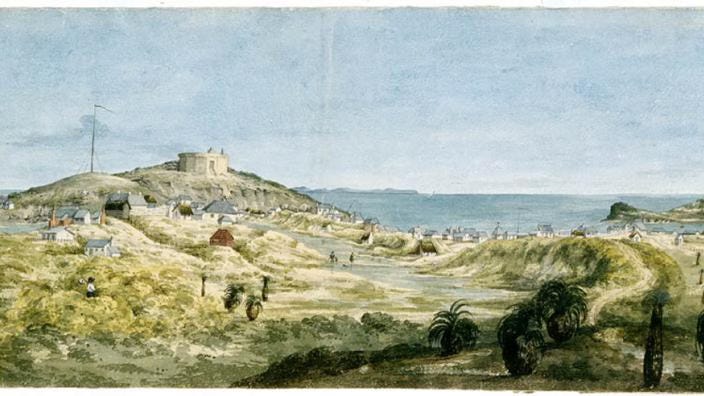
The rooster’s crow slashed through my dream, as dawn’s light snuck through our lean-to and stabbed my eyes open.
Startled, I looked at my hands. They were clean. The bloodied battle with Satan had been a dream. The unhol…
Keep reading with a 7-day free trial
Subscribe to BrainCation to keep reading this post and get 7 days of free access to the full post archives.


